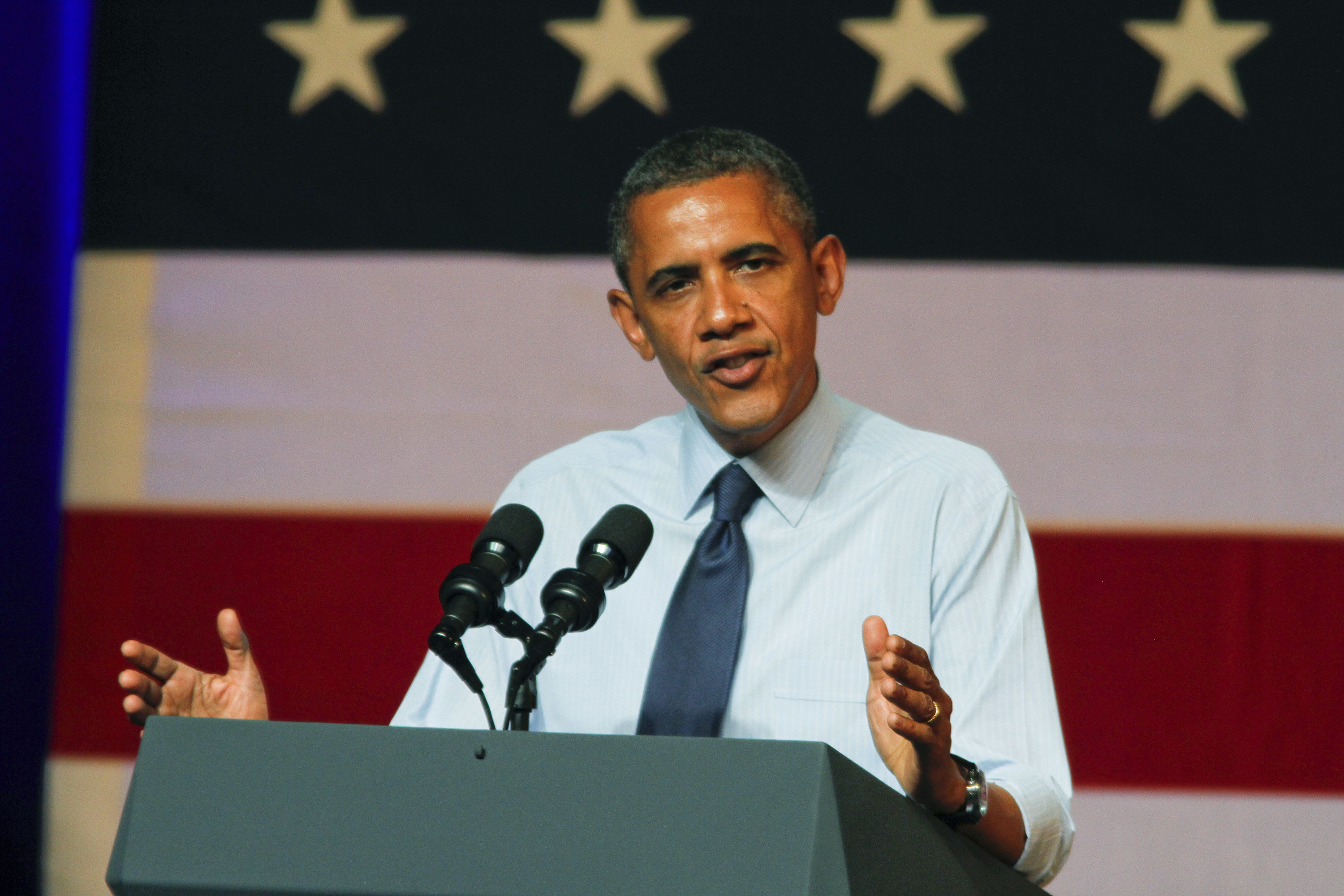By KEN THOMAS
Associated Press
WASHINGTON - Barack Obama has made "change" the hallmark of his presidency. For his team of advisers, "continuity" might be a more operable term.
Obama has surrounded himself with a tight-knit group since he first ran for the White House in 2007. This core team is marked by a "No-Drama Obama" credo and strong loyalty to their man's message and unconventional path.
Many of the advisers who helped Obama chart his first campaign never left, and they're now playing important roles in the White House and at Obama's re-election headquarters in Chicago.
They're battle-tested from the lengthy primary race against Hillary Rodham Clinton in 2008, the following campaign against Republican John McCain and then a White House tenure marked by fights over the economic recession, health care and now the drive for a second term.
This is the first time that a modern re-election campaign has not been run out of Washington, placing a premium on a seamless back and forth between Obama's political advisers in the White House and his Chicago campaign's upper echelon. Members of Obama's inner circle meet regularly at the White House to discuss strategy and have thus far avoided major messaging gaps between the two time zones.
"This is a team or a group that has worked together, even since when he ran for the Senate, for a long time. There are benefits to that," said Karen Finney, a former spokeswoman for the Democratic National Committee.
If there's a knock on Obama's campaign structure, it's the lack of an inflow of outside voices. Most of Obama's team has remained with him throughout his presidency, though Rahm Emanuel left as White House chief of staff in late 2010 to run for Chicago mayor, and Emanuel's successor, William Daley, the brother of former Chicago mayor Richard Daley, left in January.
The continuity and cohesion of Obama's team suggests the president values loyalty and a small inner circle that can give him unfettered advice. The team has allowed Obama's campaign to focus on efforts to undermine Republican challenger Mitt Romney while laying out an agenda to appeal to Obama's key voting constituencies - women, minorities, young people and college-educated whites.
A look at some of the president's chief advisers:
THE TACTICIAN:
-David Plouffe. Obama's 2008 campaign manager is helping shape the president's re-election strategy from the West Wing. The Delaware native returned to Obama's side after Democrats lost control of the House in the 2010 elections and is arguably the most important person in melding Obama's policies with politics. Plouffe is in constant contact with Obama and has been at the center of a number of tactical efforts to position him for re-election.
THE FIXER:
-Jim Messina. As Obama's 2012 campaign manager, he oversees the president's operation from Chicago. Plouffe's former deputy during the 2008 campaign, Messina has likened the re-election headquarters to a Silicon Valley startup company, demanding metrics and results from his aides. Messina has kept close watch over the electoral map, trying to give the president as many paths to victory as possible and not become reliant on winning either Florida or Ohio, a difficulty that hurt Democratic nominee John Kerry's campaign in 2004.
THE GURU:
-David Axelrod. A former political reporter for The Chicago Tribune, Axelrod has known the president since the early 1990s and was a driving force behind Obama's message of change during the 2008 campaign. A former top adviser to Obama in the White House, Axelrod is a calming influence on the campaign team and has helped focus on middle-class voters.
THE MESSENGER:
-Stephanie Cutter. Obama's deputy campaign manager has become a forceful voice in the campaign. Cutter, a veteran of Kerry's presidential campaign, has been a blunt defender of Obama's policies on cable television while criticizing Romney's business record and tenure as governor of Massachusetts, Cutter's home state. She drew protests from Romney's team when she suggested that he either committed a "felony" when he signed Securities and Exchange Commission documents for Bain Capital or lied when he denied working for the private equity firm after 1999.
THE FRIEND:
-Valerie Jarrett. A top adviser in Washington, Jarrett is a longtime friend of the Obamas and has become a trusted aide to the president. At the White House, she has been Obama's conduit to the business community and an important sounding board for the first couple. In a nod to their friendship, the Obamas attended the wedding of Jarrett's daughter in Chicago.
THE DEFENDER:
-Robert Gibbs was Obama's top campaign spokesman in 2008 and then became White House press secretary. After leaving the podium in early 2011, Gibbs emerged as one of Obama's most ardent defenders during the 2012 Republican primaries and on cable television as the general election took shape. Gibbs was with Obama before Obama gained national prominence during the 2004 Democratic National Convention and understands Obama's message as well as anyone.
